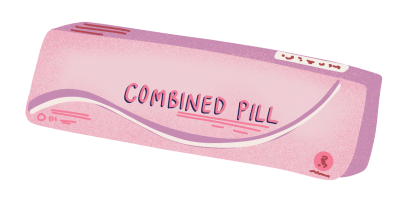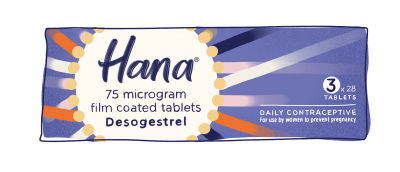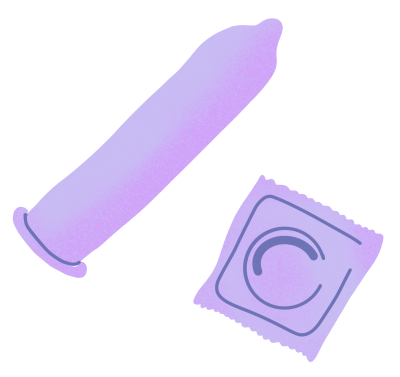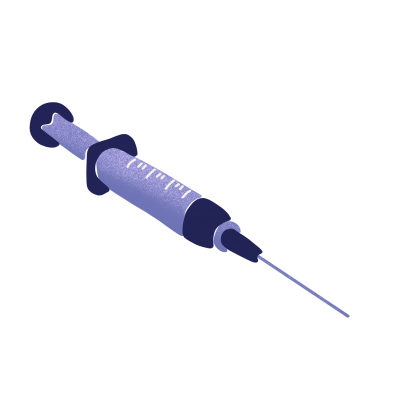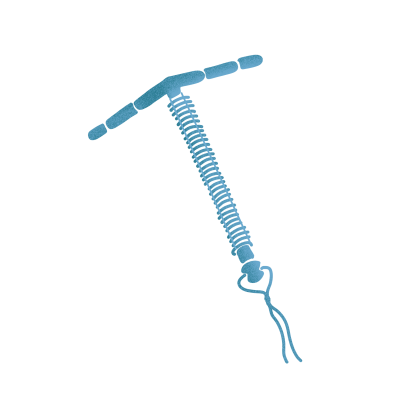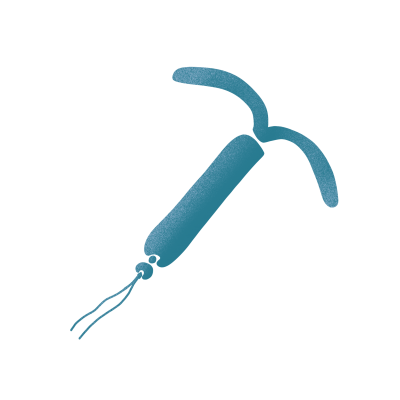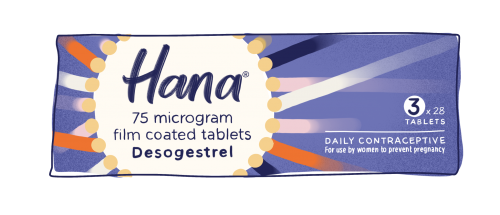
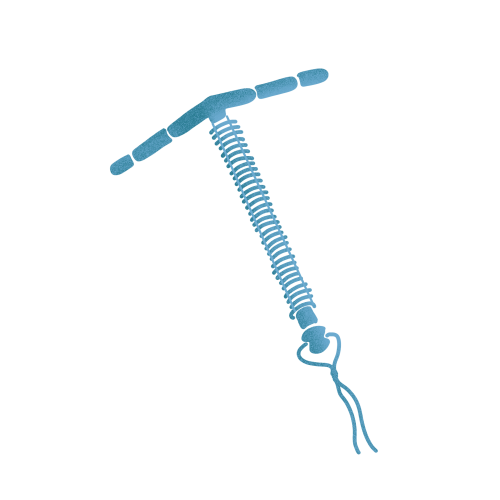

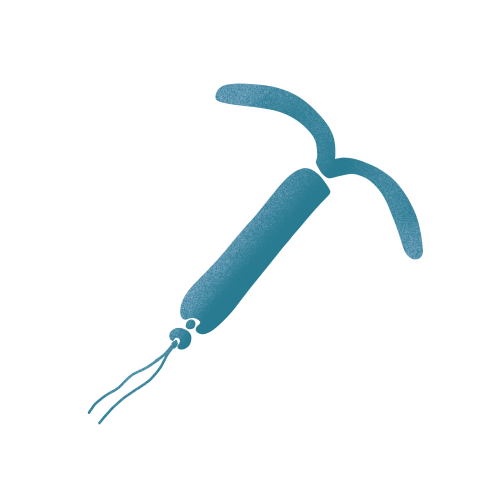
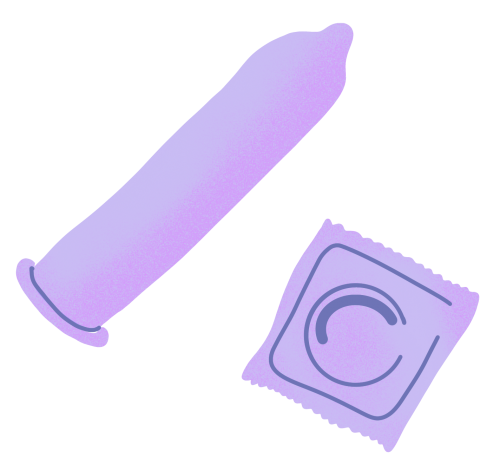
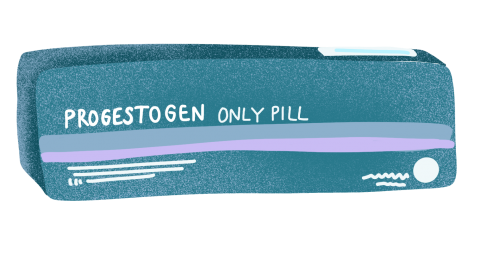
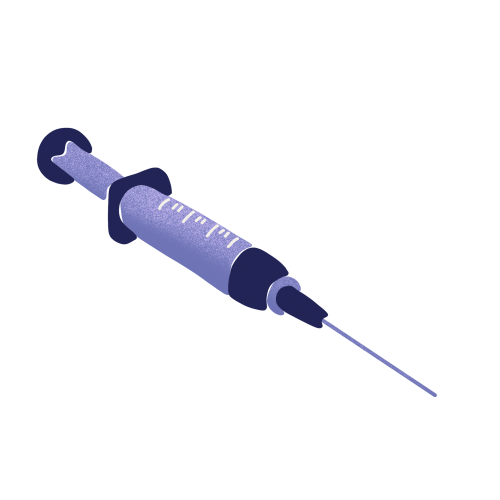

Pharmacist
Deborah Evans* says
People take contraception to avoid an unplanned pregnancy. Choosing a very effective method of birth control is incredibly important, and there are other factors to consider too, like side effects and whether the option is medically suitable for you.
Your choice may depend on whether you require regular
contraception, how convenient it is, and how it fits with
your lifestyle, effectiveness depends on proper use, so if
you find that you’re often forgetting to use condoms –
for example – it might be best to consider
a different method.
*Deborah Evans does not endorse any pharmaceutical brands or products.


I WANT TO PROTECT MYSELF AGAINST BOTH PREGNANCY AND STI
I want to take charge of my contraception by choosing to take it every day
I DON’T WANT TO REMEMBER TO TAKE SOMETHING EVERY DAY OR EVERY TIME I HAVE SEX
I WANT A METHOD OF CONTRACEPTION THAT LASTS FOR A FEW YEARS WITH NO TOP-UPS
I DON’T WANT TO USE hormonal contraception
I want to take charge of my contraception by
choosing to take it every day
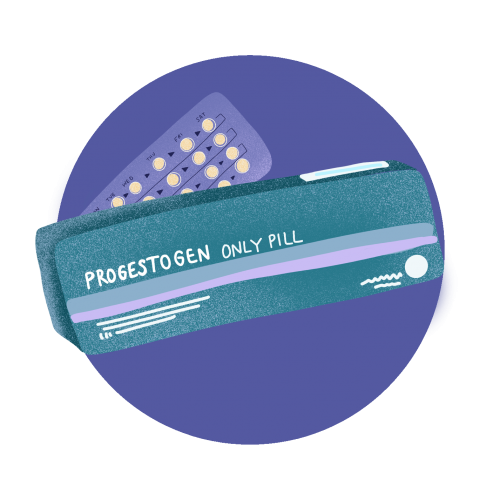
Progestogen-only pills contain a synthetic version of the hormone progesterone and can help prevent pregnancy by altering your cervical mucus to make it harder for sperm to travel to meet an egg. Some progestogen-only pills that contain desogestrel – like Hana – mainly work by preventing ovulation, meaning that there is no egg for sperm to fertilise. Like all contraceptive pills, the progestogen-only pill should be taken at the same time every day for it to be most effective.
Traditionally you needed a prescription from your doctor to get the Progestogen-Only Pill, but as of 2021 that’s all changed. Did you know that you don’t even have to wait for a doctor’s appointment to get Hana?
You can buy it over the counter at a pharmacy after answering some questions for the pharmacist to check that it is suitable for you. Hana is over 99% effective when used correctly.

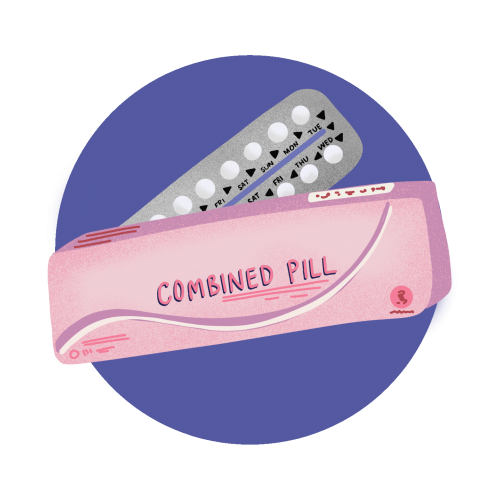
The combined pill contains synthetic versions of the hormones progesterone and oestrogen. It also works by preventing ovulation. The combined pill is generally taken every day for 21 days of your cycle, then you have a break for 7 days during which you might experience a withdrawal bleed. The combined pill is available with a prescription. It should also be taken at the same time every day.
Some people can’t use medicines containing oestrogen for medical reasons. The combined pill is not suitable for some people, including those who are breastfeeding, are very overweight or smoke and are aged 35 or over.
I WANT TO PROTECT MYSELF AGAINST BOTH PREGNANCY AND STIS
Condoms are the only type of contraception that can protect against sexually transmitted infections (STIs) as well as pregnancy. You can get male/external condoms to be worn on the penis, or internal condoms – also known as femidoms – that line the vagina.
When used correctly, male condoms are 98% effective, however, they can sometimes split during intercourse, or be forgotten altogether in the heat of the moment. Condoms can also become ineffective if they’re worn incorrectly, or if you use an oil-based lube with a latex condom. If this happens, you can take an extra precaution against pregnancy by using emergency contraception (such as ellaOne, the most effective morning after pill**, or the IUD).
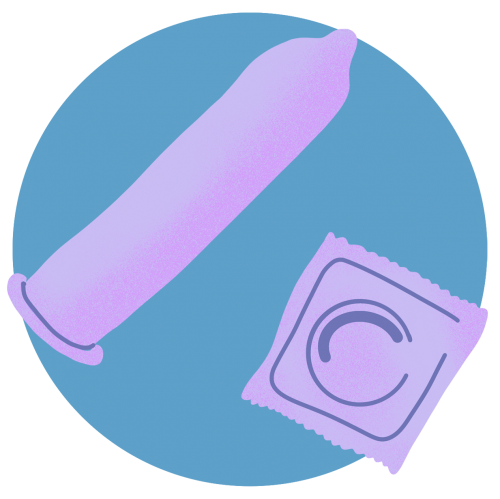
I DON’T WANT TO REMEMBER TO TAKE SOMETHING EVERY DAY OR EVERY TIME I HAVE SEX
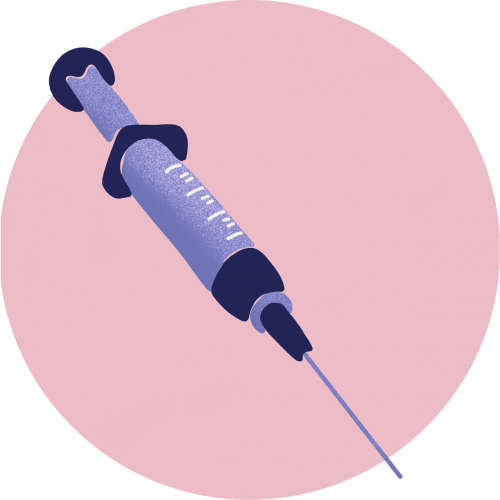
The contraceptive injection works by releasing the hormone progestogen into your bloodstream to prevent pregnancy. Depending on the type of injection, they can be effective for 8-13 weeks. The injection is more than 99% effective when used correctly, and it doesn’t rely on you having to remember anything – other than getting your repeat injection as instructed. The injection must be given to you by a doctor or a nurse.
I WANT A METHOD OF CONTRACEPTION THAT LASTS FOR A FEW YEARS WITH NO TOP-UPS
The contraceptive implant is a small plastic rod that can be inserted into your arm by a healthcare professional. It releases progestogen into your bloodstream to prevent ovulation, which then prevents pregnancy, and once it is inserted it can be effective for up to 3 years, but if it doesn’t suit you, it can be removed sooner. The implant is more than 99% effective.

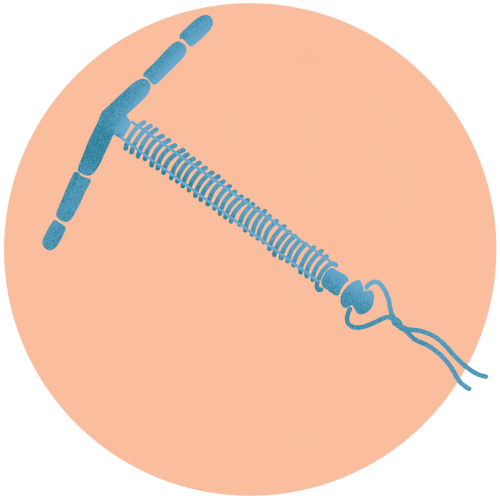
The Intrauterine Device (IUD) is a small T-shaped copper device that is inserted into the womb by a healthcare professional. It works by releasing copper into the womb which makes it difficult for sperm to survive and reach an egg. The IUD – also known as the copper coil – is more than 99% effective. Once the IUD is in, it can be effective for 5-10 years, depending on the type.
Did you know that you can also use the IUD as emergency contraception? When inserted within 5 days of unprotected sex, the IUD can help prevent pregnancy.
The Intrauterine System (IUS) is similar to the IUD in that it is also inserted into the womb, but it works in a different way. The IUS is a plastic T-shaped device that is fitted by a doctor or a nurse. It releases progestogen which thickens cervical mucus to stop sperm reaching the cervix and also thins the lining of the womb so no egg can implant. It can last from 3-5 years depending on the type. It can make your periods lighter or stop altogether.
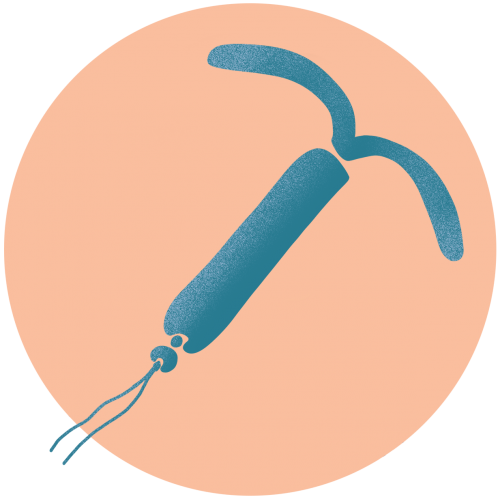
I DON’T WANT TO USE HORMONAL CONTRACEPTION
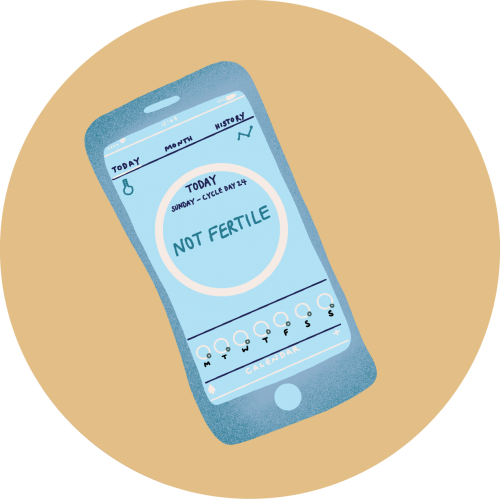
The natural family planning method is also known as fertility tracking or the calendar method. You track your menstrual cycle, including your temperature and the consistency of your cervical mucus, and only have sex on the days that you are least likely to conceive, or use a condom in addition to tracking fertility.
Deborah says: “if you don’t want to get pregnant, the natural method is not the most effective method of contraception. Tracking your cycle can be really difficult and unreliable, and even more so if you have an irregular cycle.”
Because sperm can survive in the female reproductive tract for up to 5 days after unprotected sex, any instance of unprotected sex could result in a pregnancy – no matter what point of your cycle you’re at.
When your contraception is taken care of, you can feel confident in
getting on with whatever you want, with one less thing to worry about.
Most importantly, you should choose your contraception based on what
will work best for you and your lifestyle.
Don’t forget: if you experience a contraceptive failure – or forget to use
any at all – then you could use the emergency contraceptive pill or the
IUD to reduce the risk of an unplanned pregnancy.
*Deborah Evans does not endorse any
pharmaceutical brands or products.
